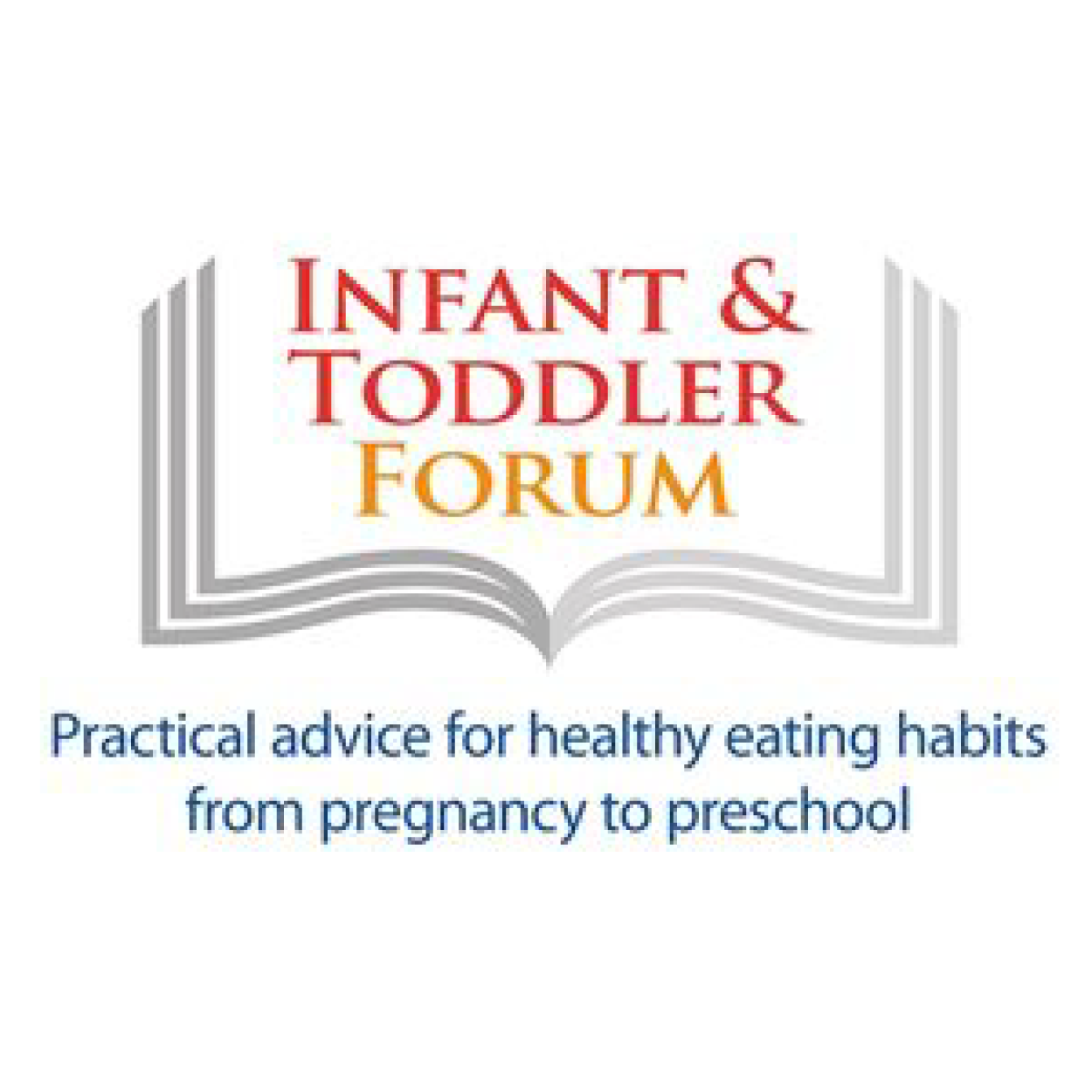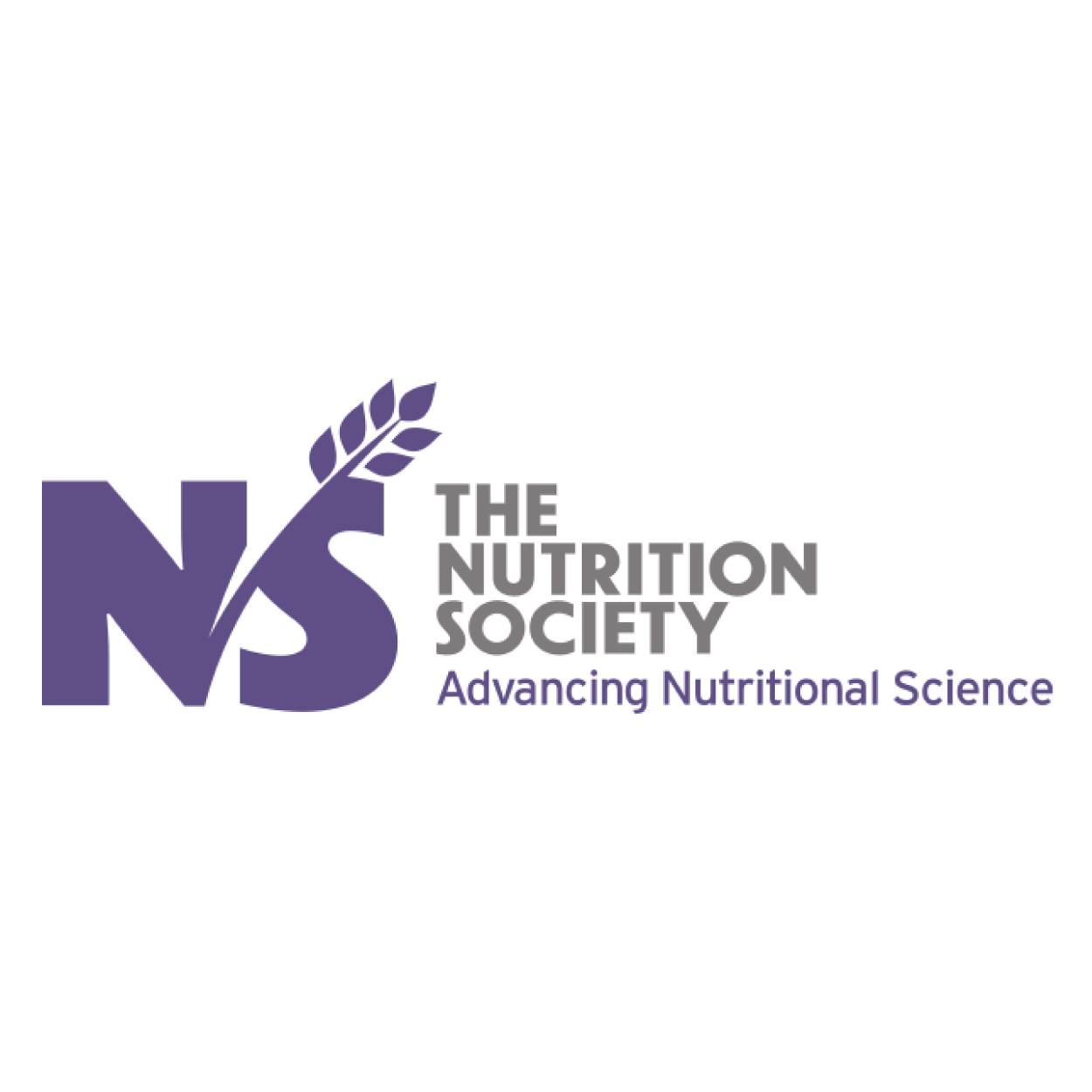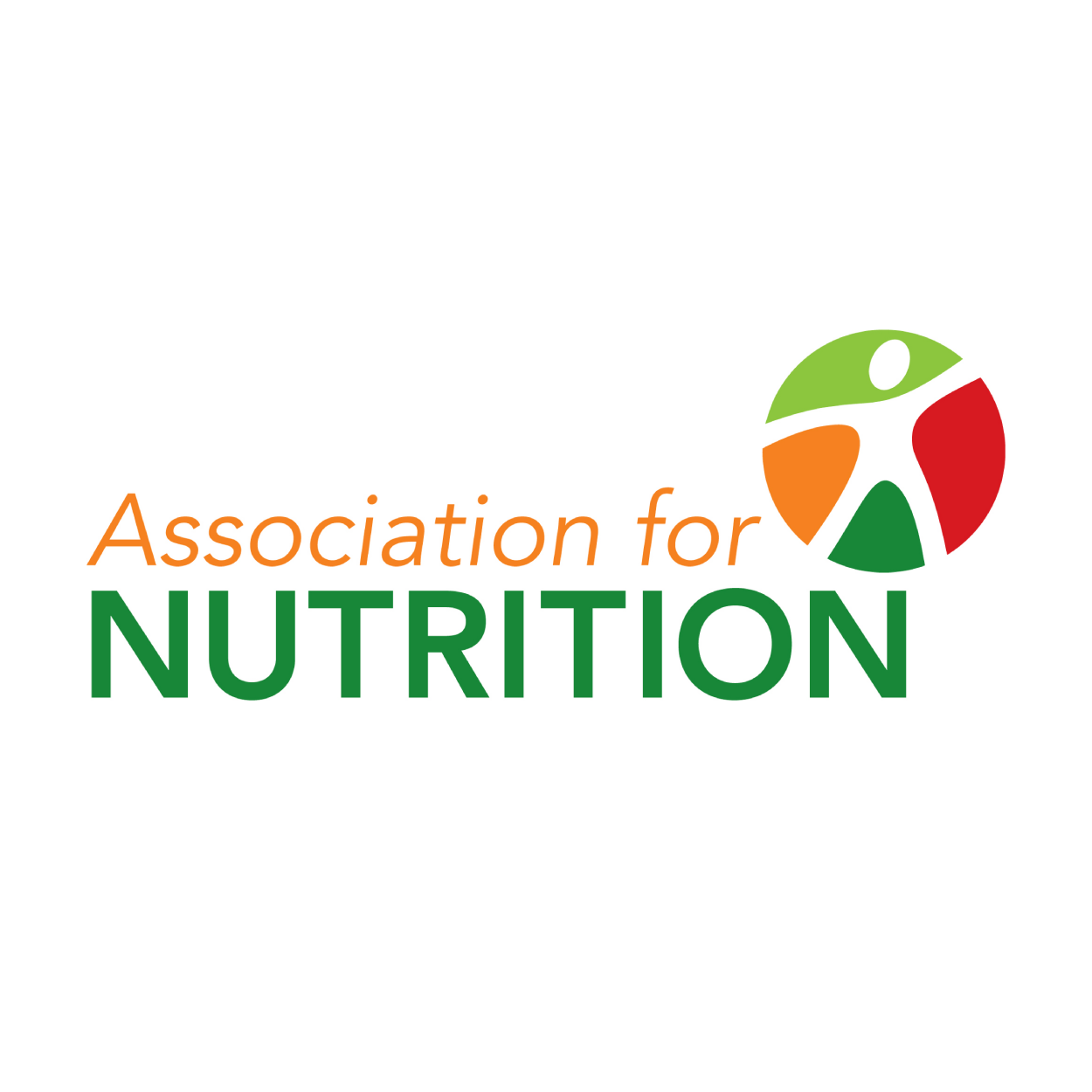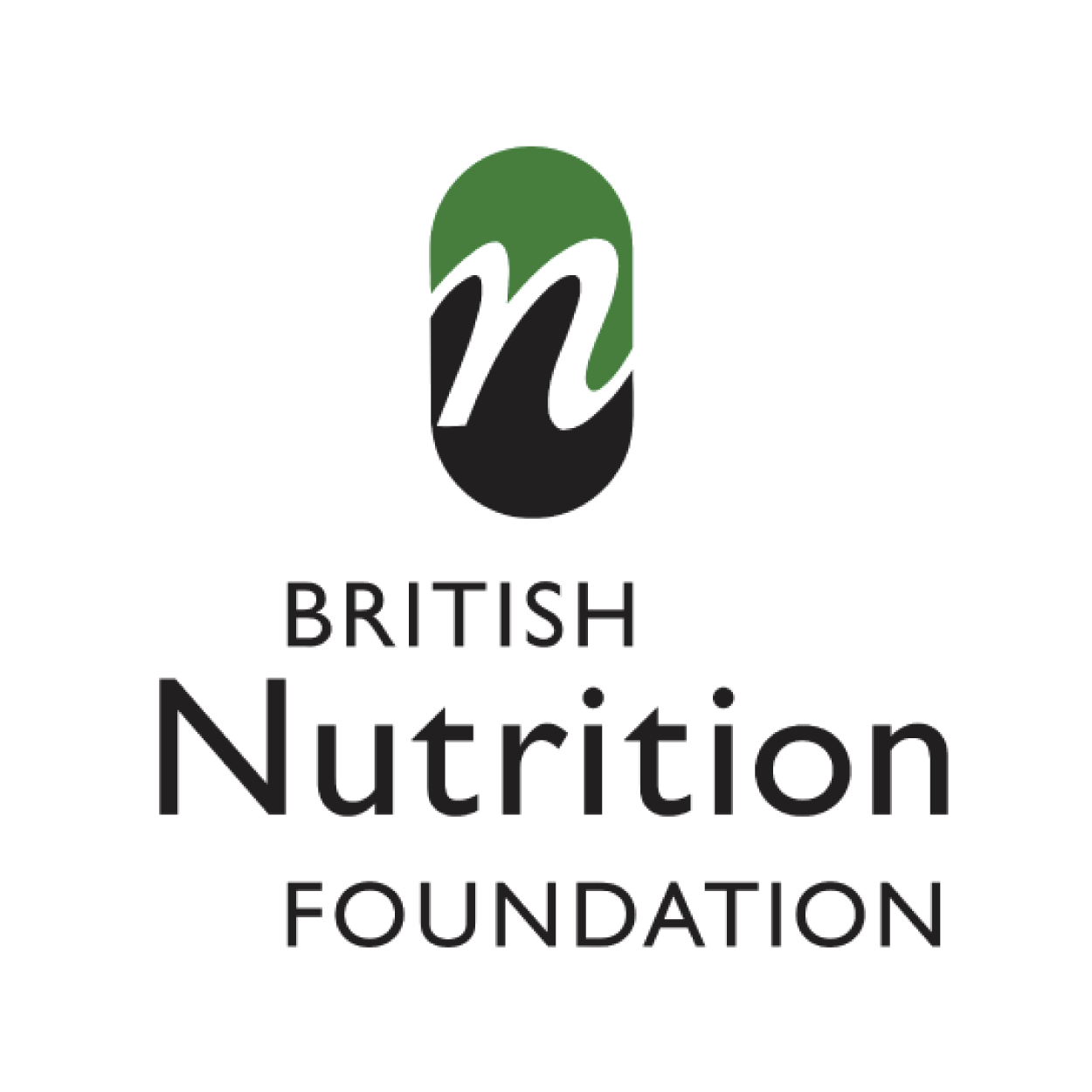Registered dietitians (RDs) hold the only legally-recognisable graduate qualification in nutrition and dietetics.
They are experts in interpreting and translating the science of nutrition into practical ways of promoting nutritional well-being, disease treatment and the prevention of nutrition-related problems. Their advice is sound and based on current scientific evidence. Registration, awarded by the Health and Care Professionals Council, is an indication that a dietician is fit to practice and is working within an agreed statement of conduct. The title dietician can only be used by those appropriately trained professionals who have registered with the Health and Care Professions Council. Those who are not registered are breaking the law if they use the title ‘dietitian’ or ‘dietician’.
What is the difference between a dietician and a nutritionist?
The title ‘dietitian’ is legally protected by the Health and Care Professions Council (HCPC). All registered dietitians (RDs) have a university degree or post-graduate qualification, based on nutrition science, with clinical knowledge and the ability to translate this practically gained during supervised training in both clinical and community settings.
Many dieticians work in hospitals and GP clinics, advising individuals in need of therapeutic dietary intervention. Dieticians also work in many other areas, supporting community, education and public health bodies through the application of evidence-based nutritional knowledge to improve food choices. Dieticians are expert in both the science and the communication of nutrition, and HCPC registration ensures that dieticians are safe and competent to practice, adhere to a strict code of ethics, and must maintain their professional status through continued professional development. All dieticians must be registered with the Health and Care Professions Council.
In contrast, the title ‘nutritionist’ is less defined, and is not legally protected, encompassing graduate nutritionists, as well as those who have undertaken part-time or distance learning courses. There are several degree level courses in nutrition and those that qualify from an institution that The Association for Nutrition (AfN) has rated as having adequate educational standards, can join the AfN’s register as Registered Nutritionists (RNutr).
I am both a Registered Dietitian (RD) and a Registered Nutritionist (RNutr).






